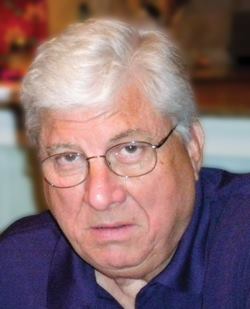For the first time in seven years, Jim Manning won’t be leading the way for the United Pool & Spa Association.
Manning, the group’s longtime executive director, recently stepped down to devote more time to his swimming pool education and consulting business.
“It was just time to move on,” he said. “Unfortunately, the level of membership and excitement isn’t where it was before the economic downturn. But that’s true for a lot of associations, not just UPSA. And I never intended to do this forever.”
Tampa, Fla.-based UPSA caters largely to commercial pool contractors and associated businesses. Its activities include education, networking and advocacy for a membership that in recent years has encompassed engineers and residential pool builders.
In addition to boosting the group’s ranks, Manning’s duties included holding continuing education seminars, coordinating fund-raisers, and working with UPSA’s lobbyist in Tallahassee, as well as with state and local regulatory agencies.
At the moment there are no immediate plans to name a successor, said UPSA President Jeff Clarkson, owner of Florida Bonded Pools in Jacksonville, Fla.
“That could change over time,” he said, “but right now we’re not actively seeking a new executive director.”
Still, the coming months should give the trade association plenty on which to focus. The group’s four-day annual cruise departs for the Western Caribbean on Sept. 30; UPSA’s two-day Meeting Expo takes place Nov. 3; and an educational program for commercial pool builders on the Virginia Graeme Baker Pool and Spa Safety Act that launched last year is expected to restart in the first quarter of 2011.
But perhaps most pressing for the organization is helping to beat back Amendment 4, which goes before Florida voters Nov. 2. The proposed ballot initiative, nicknamed “Hometown Democracy,” would require citizens to vote — during referendum elections — on all changes to local government comprehensive land-use plans.
Opponents argue the amendment will prolong the state’s recession by increasing taxes and contributing to unemployment. Supporters contend it is needed to protect against unwanted development.
“It’s basically a plan for no growth,” Clarkson said. “We think it’s going to discourage investment in the real estate markets here. And I’m concerned about the money that it’s going to cost to run these elections. I haven’t been able to find any positives in it.”


